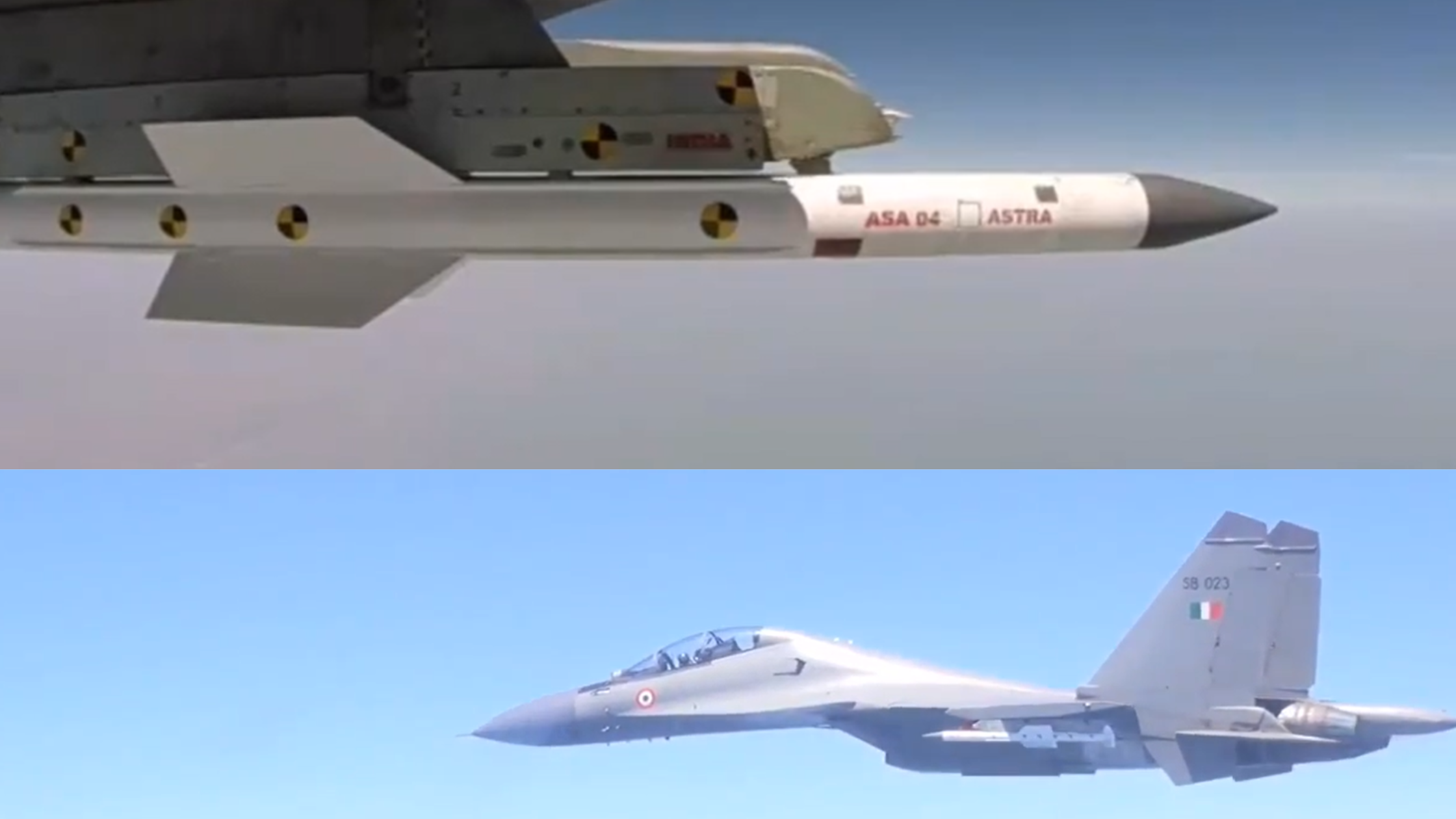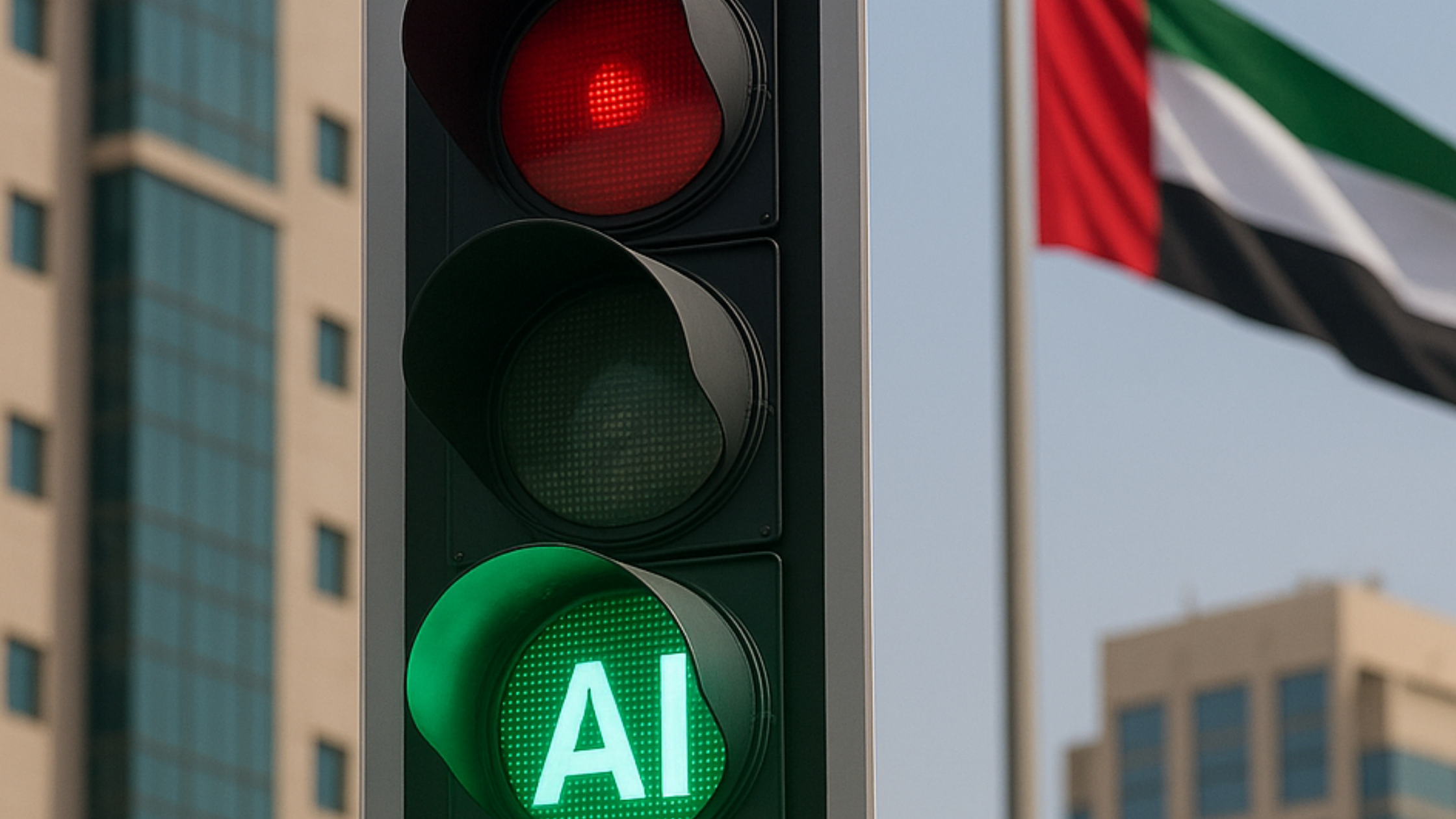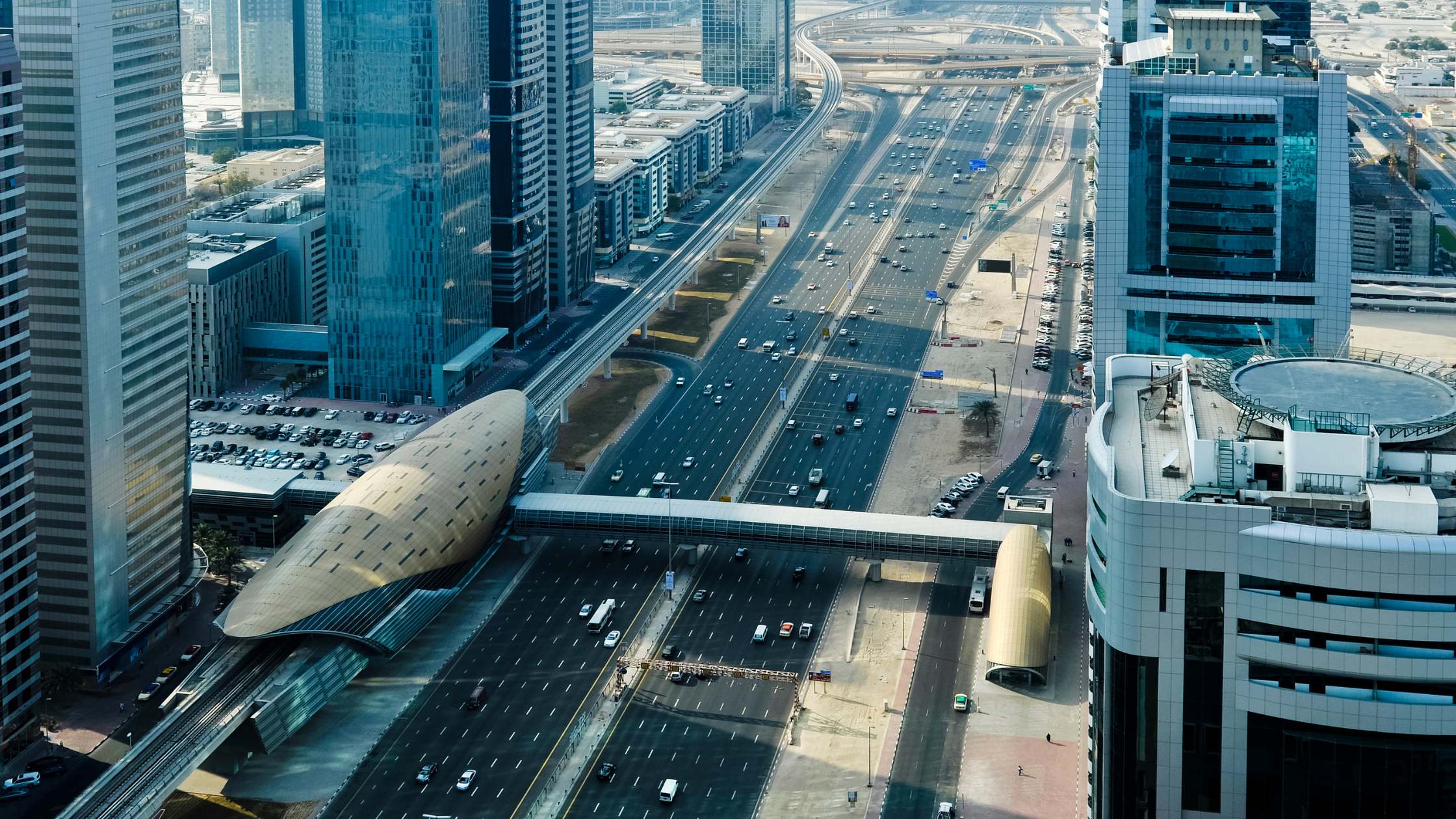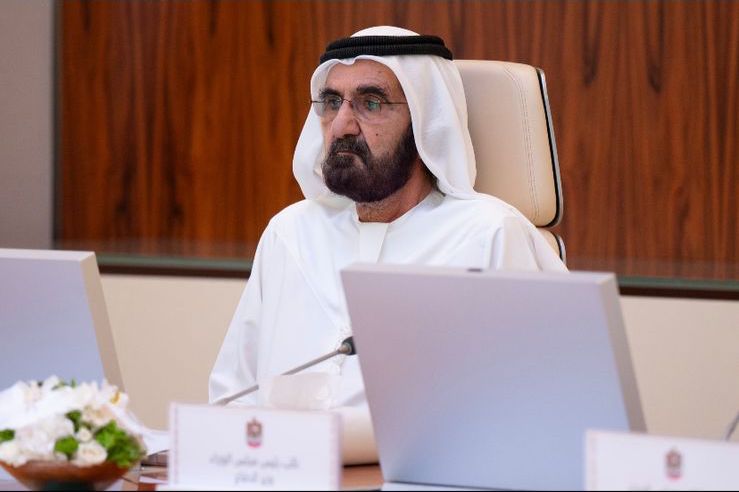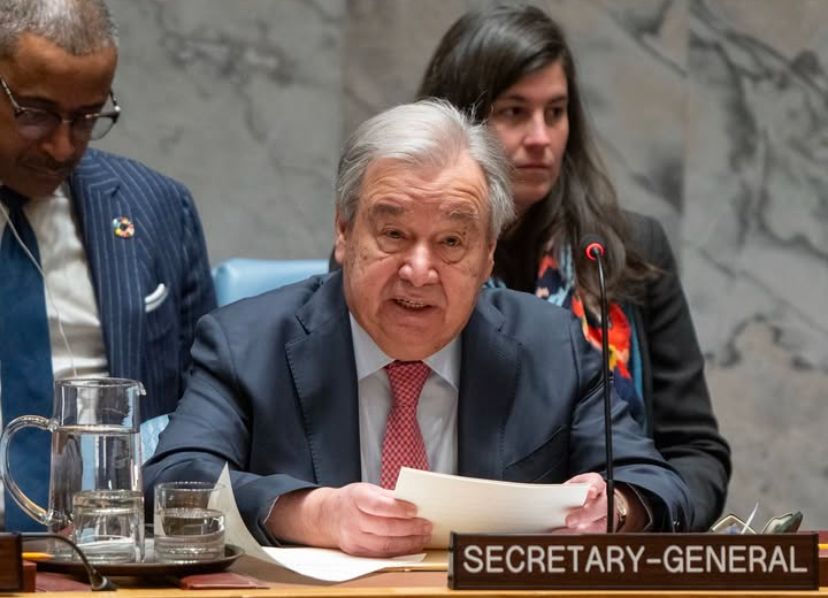In a strategic move underscoring Gulf solidarity and regional cooperation, the President of the United Arab Emirates, His Highness Sheikh Mohamed bin Zayed Al Nahyan, welcomed His Highness Sheikh Tamim bin Hamad Al Thani, Emir of the State of Qatar, to Abu Dhabi. The high-level diplomatic meeting marked a milestone in strengthening bilateral ties between the UAE and Qatar, reflecting a renewed era of partnership focused on economic growth, political coordination, and peace in the Middle East. The leaders engaged in extensive talks aimed at deepening collaboration across various fields while addressing urgent regional and international matters.
Abu Dhabi Meeting Highlights Deepening UAE-Qatar Relations
Held in the UAE capital, the meeting symbolized a continuation of positive momentum in Gulf diplomacy. President Sheikh Mohamed bin Zayed personally received Emir Sheikh Tamim, signaling a high level of respect and commitment to the strengthening of ties between the two nations. Their discussions focused on advancing fraternal relations and establishing new frameworks for cooperation in key sectors such as investment, infrastructure, energy, and trade.
The atmosphere of the talks reflected a strong desire to capitalize on shared interests and build sustainable partnerships that benefit both nations and contribute to wider regional development.
Bilateral Cooperation Across Strategic Sectors
During their exchange, Sheikh Mohamed and Sheikh Tamim explored opportunities to intensify cooperation in priority areas aligned with each country’s national development strategies. Particular focus was placed on boosting trade relations, exploring cross-border investment channels, and creating platforms for private sector engagement.
Discussions emphasized the importance of innovation, digital transformation, clean energy, and logistics infrastructure, acknowledging the growing role these sectors play in economic diversification. Both nations are committed to pursuing sustainable development under their respective visions—UAE Vision 2031 and Qatar National Vision 2030—laying the groundwork for joint initiatives and public-private partnerships.
Dialogue on Middle East Affairs and Regional Stability
Beyond bilateral issues, the meeting addressed regional and international developments, particularly in the Middle East. The leaders discussed ongoing conflicts, security threats, and humanitarian crises affecting various parts of the region. The situations in Gaza, Lebanon, Sudan, and the Red Sea maritime corridor were key topics of concern.
Sheikh Mohamed and Sheikh Tamim agreed on the importance of coordinated diplomatic efforts to reduce tensions, prevent escalation, and encourage peaceful solutions. They highlighted the significance of Arab unity in protecting sovereignty and addressing foreign interference, reaffirming their commitment to regional peace and collective prosperity.
Both sides also discussed their respective roles in supporting diplomatic efforts, humanitarian aid delivery, and conflict resolution in crisis-hit regions, emphasizing the importance of GCC countries speaking with a unified voice.
Key Leaders and Officials in Attendance
Underscoring the seriousness of the talks, the meeting was attended by a high-profile delegation from both nations. From the UAE, key officials included His Highness Sheikh Mansour bin Zayed Al Nahyan, Vice President and Deputy Prime Minister; H.H. Sheikh Tahnoon bin Zayed Al Nahyan, Deputy Ruler of Abu Dhabi and National Security Adviser; and H.H. Lt. General Sheikh Saif bin Zayed Al Nahyan, Deputy Prime Minister and Minister of the Interior.
Other attendees from the UAE included H.H. Sheikh Theyab bin Mohamed bin Zayed Al Nahyan, Deputy Chairman of the Presidential Court; Sheikh Mohammed bin Hamad bin Tahnoon Al Nahyan, Advisor to the UAE President; and Ali bin Hammad Al Shamsi, Secretary-General of the Supreme Council for National Security. Also present were Khaldoon Khalifa Al Mubarak, Chairman of the Executive Affairs Authority; Jassim Mohammed Buatabh Al Zaabi, Chairman of the Abu Dhabi Department of Finance; and UAE Ambassador to Qatar Sheikh Zayed bin Khalifa bin Sultan Al Nahyan.
On the Qatari side, the Emir was accompanied by Sheikh Mohammed bin Abdulrahman bin Jassim Al-Thani, Prime Minister and Minister of Foreign Affairs; Sheikh Khalifa bin Hamad bin Khalifa Al-Thani, Minister of Interior and Commander of the Internal Security Force; and Abdullah bin Mohammed Al Khulaifi, Chief of the Amiri Diwan. The Qatari Ambassador to the UAE, Sultan Salmeen Al Mansouri, was also part of the delegation, alongside several senior officials.
Luncheon Reception Showcases Emirati-Qatari Brotherhood
Following the official meeting, President Sheikh Mohamed hosted a formal luncheon in honor of Emir Sheikh Tamim and the accompanying delegation. The event highlighted the warm diplomatic and cultural relations between the two nations and served as a setting for informal dialogue and interpersonal connection.
The luncheon not only reflected traditional Emirati hospitality but also emphasized the cultural values that bond the two Gulf neighbors. It symbolized a continuation of efforts to move beyond past differences and work collaboratively toward a shared future based on mutual understanding and trust.
Strategic Timing Reinforces Gulf Unity and Economic Collaboration
Sheikh Tamim’s visit to Abu Dhabi comes at a strategically vital time for Gulf diplomacy. As the region navigates a rapidly changing geopolitical landscape marked by energy market volatility, evolving global alliances, and digital transformation, the reinforcement of UAE-Qatar ties sets a strong foundation for collective advancement.
The discussions come amid increasing calls for closer cooperation among GCC members on security coordination, economic integration, and joint environmental initiatives. The growing alignment between Abu Dhabi and Doha could play a pivotal role in reinvigorating Gulf Cooperation Council mechanisms, elevating them to address contemporary challenges more effectively.
By promoting synergy in policy approaches, economic planning, and strategic foresight, this high-level meeting supports the UAE and Qatar’s ambitions to lead as regional models of growth and stability.
Historical Progression in UAE-Qatar Relations
The meeting is a testament to the remarkable recovery of ties between the two nations following past diplomatic strains. In 2017, a Gulf diplomatic rift saw several nations severing ties with Qatar. However, with the signing of the Al-Ula Declaration in 2021, reconciliation efforts began in earnest. Since then, both the UAE and Qatar have made considerable strides toward rebuilding mutual confidence and fostering collaborative dialogue.
This summit is a clear indicator of the fruits of those efforts. The warm reception and strategic discussions reflect a matured relationship focused on shared futures rather than past disputes. Both countries now appear firmly committed to not only restoring relations but also creating a dynamic, future-ready partnership.
Vision for Future Cooperation and Joint Initiatives
As the meeting concluded, optimism surrounded the future of UAE-Qatar relations. Both countries are now well-positioned to explore greater collaboration in infrastructure development, renewable energy projects, tech innovation, education, healthcare, and regional logistics.
The foundations laid in this summit pave the way for future agreements, joint working groups, and shared economic projects. Stronger people-to-people ties, facilitated by cultural exchange programs and tourism initiatives, are also likely to follow. Such partnerships can elevate regional standards and create a model for unity-driven diplomacy in the Gulf.
In addition to bilateral gains, the partnership between the UAE and Qatar could positively influence regional peace initiatives, environmental sustainability efforts, and international cooperation on development projects in the Global South. With both countries enjoying growing global influence, their strengthened alliance will likely play a key role in shaping the political and economic future of the broader Middle East.


